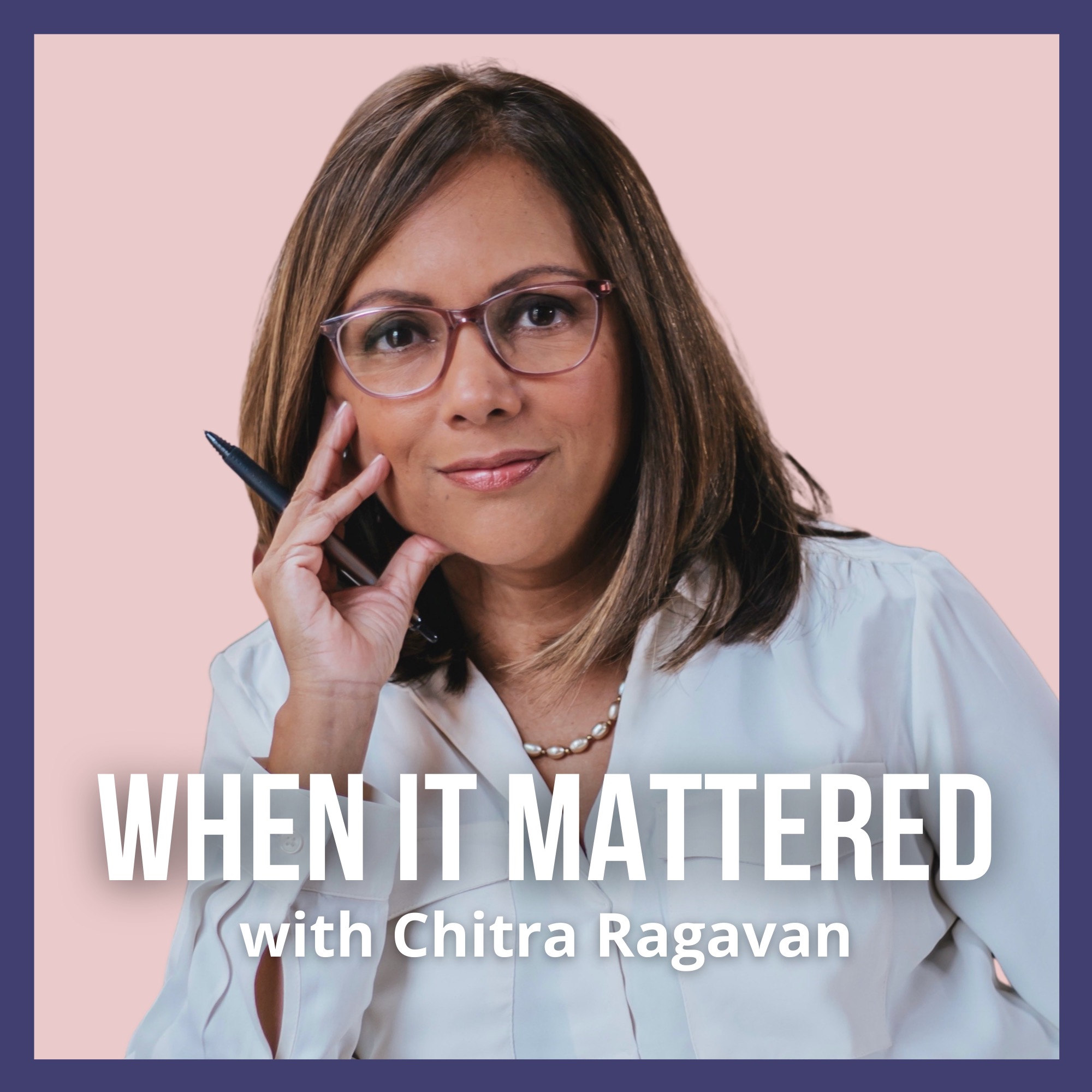Katrina Jones

Ep. 31 — A single mother of two young sons takes lessons from her grandfather, a small-time hustler turned big-time property owner, about the value of homeownership / Katrina Jones, VP, Single Family Mortgage Business, Fannie Mae. When her husband passed away at a young age, Katrina Jones was left to raise two kids, forcing her to drop out of college to confront her new responsibilities. It would prove to be the most challenging time of her life. What kept Jones going was not just the support she got from her extended family but lessons from her grandfather, a street-smart hustler named George Carter. Born on a plantation in 1990, Carter was the son of a former slave who knew he was destined for something bigger. So he dropped out of school at age 12 and ran away from home to Washington D.C., determined to make a life for himself. Strong-willed and stubborn, Carter slept on streets and did a bunch of odd jobs and side hustles, hauling trash and fixing stoops, convincing people to take a chance on him. Unbathed and unkempt as he was, many turned him away. But others gave him a shot. Little by little, Carter put away the dough to start buying property. His first parcel of land was in Arlington, Virginia, bought for $175, mortgage payment of about $10 a month. Not knowing how to read or write, he signed for it with an X, proud to be able to give his young wife, the woman of his dreams, the home she wanted to raise her family. “There was nothing traditional about that house, five doors, more than 30 windows,” remembers Jones with a laugh, “There were always two kitchens, one upstairs for the winter and one downstairs for the summer. No central air conditioning. Windows were just open, put in a screen with some netting. It was just what we called, that's a scrappy house to go with the scrappy gentleman, who managed to fulfill his wife's dream of creating a home in Arlington where she could raise her family.” Over the decades, quietly and confidently, Carter acquired property, lot after lot — bought or a relative pittance by today’s housing prices — working his street hustles and sweat equity. Today those lots are worth millions. For Jones, it was entirely accidental that she ended up in the housing business. But it’s only made her appreciate even more the priceless legacy her late grandfather left for his family. A recent Forbes piece says a lack of home equity in black families is one big reason for the racial wealth gap between blacks and whites, analyzing 2016 data. “African-Americans on average had home equity of less than $12,000 in September. White households in comparison had average home equity of almost $189,000 then,” wrote author Christian Weller. “Black households on average own only about six percent the housing wealth of white households.” Today, Millennials are also struggling with many challenges with homeownership, including lack of savings, debt, and lack of affordable housing. “I think the way people live is changing, where they want to live is changing, how they want to live is changing and our industry needs a bit of re-imagining to consider, how do we meet the needs of today's generation of future homeowners and tomorrow in a new, different way,” says Jones. “Hopefully we figure that out, but I think affordable housing is a big challenge for us right now. I see it play out in my own family.” Tanscript Download the PDF Chitra Ragavan: When Katrina Jones' husband passed away at a young age, she was left to raise two kids on her own, forcing her to drop out of college to confront her new responsibilities. It would prove to be the most challenging time of her life. Chitra Ragavan: Hello everyone, I'm Chitra Ragavan and this is When It Mattered. This episode is brought to you by Goodstory, an advisory firm helping technology startups find their narrative. Chitra Ragavan: When her husband died, what kept Jones going was not just the support she got from her exte...